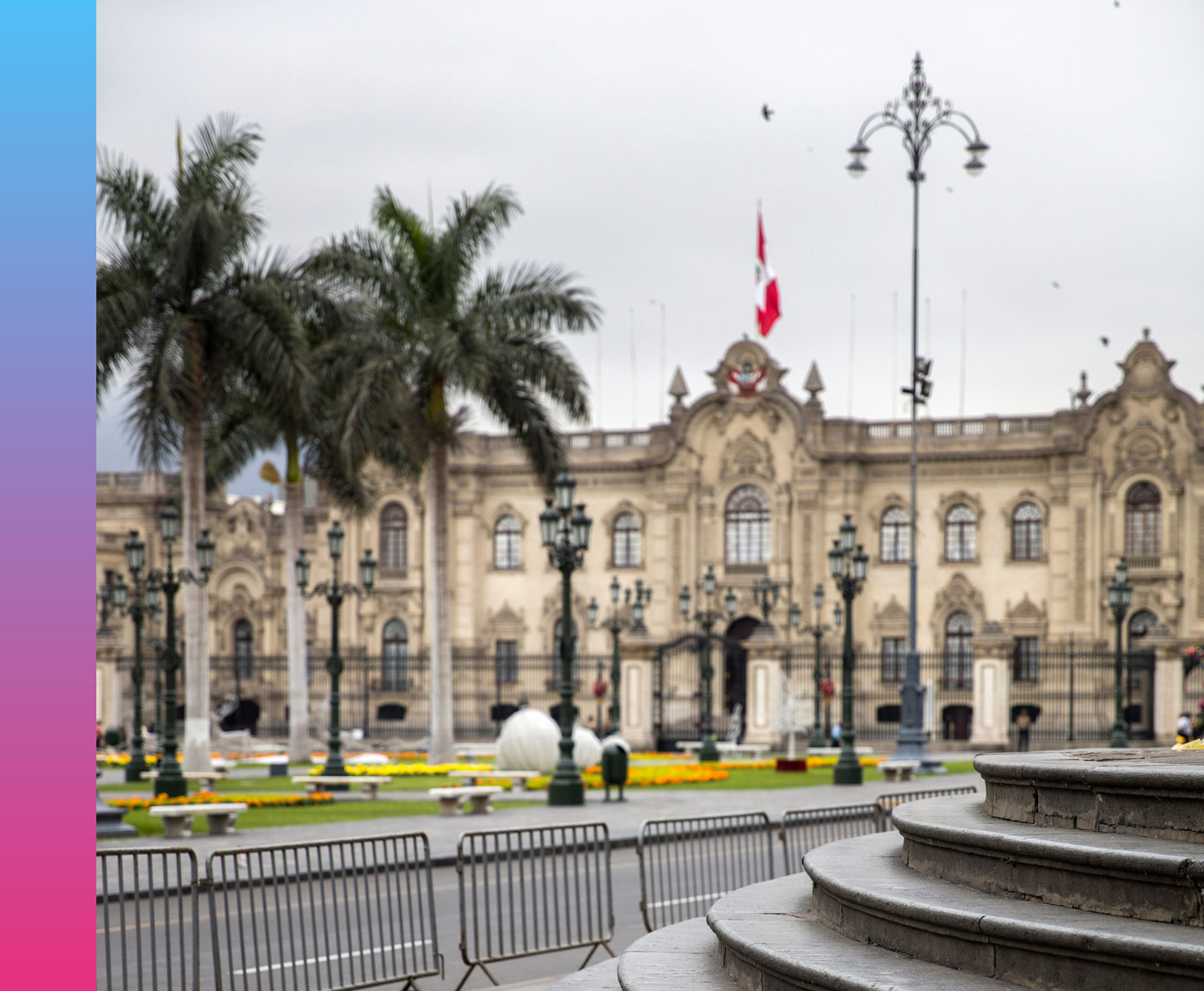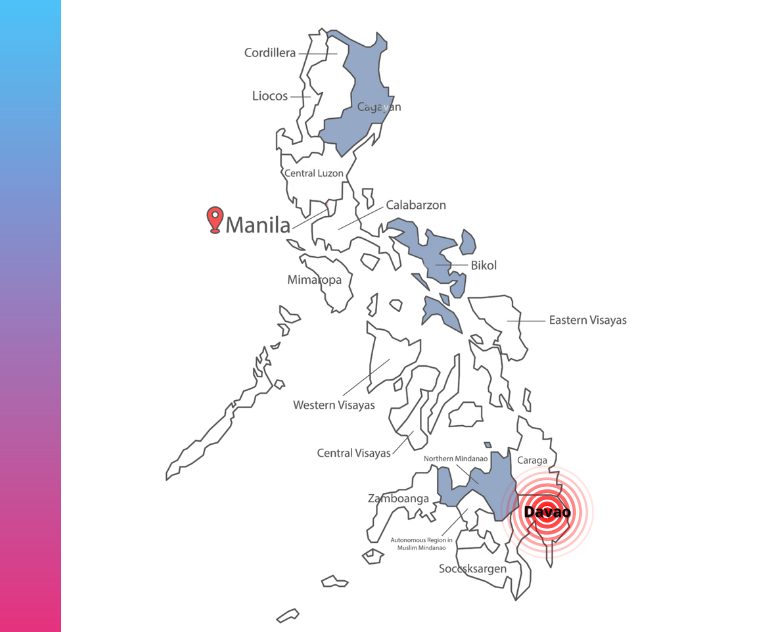Table of Contents
From Black Friday and Cyber Monday to Christmas, high-traffic sales seasons demand global teams that can run 24/7, here’s how to build them.
Why High-Traffic Seasons Require a 24/7 Global Support Operation
High-traffic sales events such as Black Friday, Cyber Monday and the end-of-year holiday season create significant spikes in customer activity. In the United States alone, online Black Friday sales reached US$ 10.8 billion in 2024, up nearly 10% from the previous year.
These high-volume periods bring operational pressure: more orders, more customer queries, more escalations and tighter service-level expectations. To remain competitive, companies must scale quickly, maintain compliance and ensure uninterrupted service 24/7.
Building a global support operation allows companies to:
- Maintain uninterrupted coverage across all customer time-zones
- Reduce costs through strategic global hiring
- Scale up only when needed, and scale down afterward
- Ensure legal compliance without establishing foreign entities
Using an Employer of Record (EOR) partner like Serviap Global makes this possible rapidly and safely.
Key Roles to Staffing Your Global Support Team
A strong seasonal support operation relies on a mix of frontline and operational roles. Key positions include:
- Customer Care Associate (CCA): manages chat, email and phone support.
- Technical Support Specialist: resolves platform, payment, system and technical issues.
- Order Fulfillment & Logistics Coordinator: monitors order status, deliveries, returns and customer notifications.
- Fraud & Payments Analyst: essential during high-traffic periods when fraud attempts increase.
- Operations or Shift Lead: manages performance, escalations and shift transitions.
By deploying these roles globally through an EOR model, you can build a fully operational team in one week, rather than months.
A LATAM-based support structure offers ideal time-zone alignment, strong English proficiency and cost efficiency, enabling companies to serve U.S., European and global markets without gaps.


Time-Zone Strategy & 24/7 Coverage
A robust 24/7 global operation means moving away from a single headquarters model. Best practices include:
- Follow-the-sun model: Support teams are placed in different regions so each one works during its daytime and hands off to the next, keeping service active around the clock without requiring overnight shifts.
- Time zone overlap: Ensure critical hand-off windows, so information flows seamlessly.
- Local language & cultural alignment: Recruiting native or fluent English speakers in LATAM or other regions ensures high-quality service for English-speaking customers.
For Serviap clients, operating a support hub in LATAM (e.g., Colombia, Mexico, Brazil, Peru, Argentina) enables cost savings of up to 30-40% compared with U.S. hires, while still delivering U.S.-timezone overlap. And because you engage these resources via EOR, you avoid the time and cost of establishing a legal entity in each country.
Cost Efficiency & Flexibility with an EOR Model
Deploying via an Employer-of-Record model brings three major advantages for high-traffic seasons:
- Lower setup time and cost: No need to establish foreign subsidiaries, manage payroll infrastructure or handle local compliance on your own.
- Scalable workforce: Hire for the season, scale down after. You pay for the period you need, not for idle capacity.
- Risk mitigation: Local labour laws, benefits, termination rules — these are handled by your EOR partner, reducing your legal exposure.
When you plan for a surge period (e.g., Nov–Dec), you could contract skilled agents in LATAM via Serviap, deploy them in one week, maintain 24/7 coverage, and after the busy period, reduce headcount without the burden of entity closure.


Step-by-Step: How to Build Your Global Support Operation
Step 1: Forecast your support volume
Start by analyzing previous seasons, transaction volumes, average inquiries per order, peak hours and customer enquiry types. According to industry guidance, seasonal sales spikes can reach multiple times the average daily volume.
Step 2: Select your regions and time-zones
Determine where you need coverage (e.g., Americas for U.S. daytime, LATAM for overnight U.S. shift). Map out hand-off schedules, overlapping window hours and language skills.
Step 3: Engage an EOR partner like Serviap Global
Partner with Serviap to handle hiring, compliance, payroll, benefits and contracts in target countries. Define roles, KPIs and service levels.
Step 4: Recruit, train and onboard your team
Serviap Global manages recruitment directly as part of the EOR service and can also support sourcing through our RPO model when specialized talent is needed.
Once selected, we handle onboarding, documentation and all country-specific compliance requirements.
Step 5: Launch your operation and manage shift hand-offs
Go live with your global support team. Monitor KPIs such as first-response time, resolution time, customer satisfaction, volume per agent. Ensure smooth transitions between shifts.
Step 6: Scale down post-season
Once peak season ends, you can reduce staffed shifts, de-ramp contract roles and gather insights for next year’s run. The flexibility of global deployment via EOR makes this cost-efficient.
Why Serviap Global is Your Best Partner for Peak-Season Support
At Serviap Global we specialise in helping companies build scalable, compliant and cost-efficient global support operations. With our EOR model you can:
- Onboard staff in LATAM in days, aligned with U.S. time-zones.
- Avoid the cost and complexity of establishing entities abroad.
- Focus on high-quality service delivery while we manage local compliance and payroll.
- Scale up for Black Friday, Cyber Monday and Christmas, then scale down smoothly.
- Maintain control via dashboards, KPIs and operational transparency.
If your organization anticipates a surge in orders during high-traffic seasons, contact Serviap Global today.
We’ll help you build the right support team, deploy it globally and ensure you’re ready when the rush hits. Contact us for a free consultation to discuss your seasonal staffing strategy and how we can build your 24/7 global support operation together.
FAQs
Q1: What is an Employer-of-Record (EOR)?
An EOR hires international employees on your behalf, managing payroll, benefits, contracts and compliance so you can operate in global markets without establishing local entities.
Q2: Can I hire global support staff only for the season and then let them go afterward?
Yes, one of the advantages of the EOR model is flexibility. You can scale up for the season and scale down after without long-term entity obligations.
Q3: How quickly can a global support team be deployed?
With Serviap Global, teams can be operational in one week, depending on role complexity and the requirements of each country.
Q4: What cost savings can I expect by using LATAM-based staff instead of U.S.-based hires?
Depending on the role and the country, companies typically achieve 30–40% in cost savings when hiring mid-level support talent in LATAM compared to the U.S. These savings come from lower salary and operational costs in the region, as well as the elimination of entity-setup expenses when hiring through an EOR.
Q5: What roles can be hired using EOR?
Through an EOR, companies can hire a wide range of operational and customer-facing roles, including customer support agents, technical support specialists, logistics and order-fulfillment coordinators, operations leads, and fraud and payments analysts. The model also supports recruiting additional administrative, back-office or specialized positions as needed for seasonal or year-round operations.





























